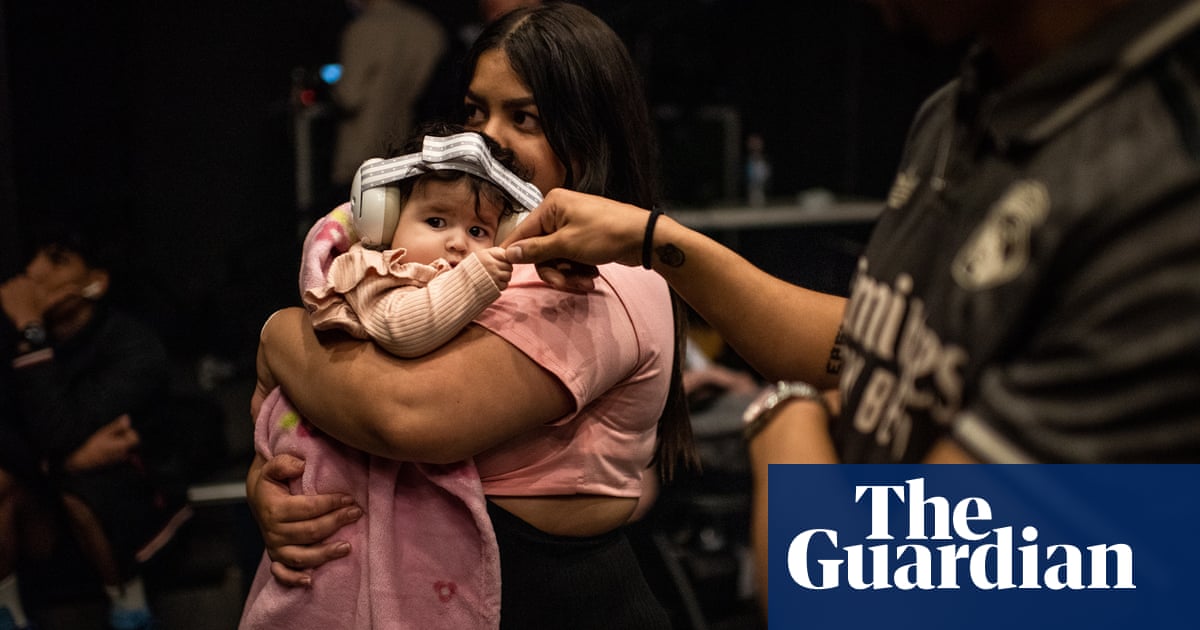I was on the phone to a friend talking about our kids as I clicked through a new report launched at Westminster a couple of weeks ago. It was about how children are facing a “crisis of lost learning” because they are being suspended or excluded from school, or they’re not attending because their needs are not being met. She chuckled darkly. Her teenage daughter has barely been to school this year – as my friend works on her laptop in the kitchen the teenager remains in her bedroom, and they meet sometimes on the stairs. My friend knows this stuff, she breathes this stuff, this stuff is living in her house.
The family has been threatened with fines and then, if they get three, a parenting order or prosecution. I guess I can sort of understand the government thinking here, but it’s the same sort of thinking that leads someone to open a bottle by smashing it against a wall, isn’t it? Or fix a paper-cut with staples. The term the school uses to describe the difficulty kids like my friend’s daughter face is “emotionally based school non-attendance”. It’s a term that’s evolved over time, rarely fully describing the anxiety at its core. When I was at school it was called truancy or delinquency. Before that perhaps it was just “laziness”, more recently “school refusal”, but all these terms have obscured the mental health needs of the young person, instead implying blame or bad parents or a kind of moral weakness. The truth is, for people like my friend’s kid and the thousands like her, school is a place of fear and despair. I read my friend excerpts from the report (“Absence and suspensions are two-thirds higher than they were pre-pandemic”) and she sort of sighed and said, sometimes, “yep”.
There’s a ragged kind of anger that you hear when talking to the parents of children like hers – I heard it in the voice of Anna Maxwell Martin, who spoke on Woman’s Hour recently about her daughter. She objects to the term Send (which stands for “special educational needs and disability”) when discussing children like her daughter, who require extra support, preferring “individual needs”, which would require “active listening to the child in front of you”. Instead of schools prioritising exams and valuing results, she argued they should be making children feel they have worth, that their fears are understood, and that they’re being listened to. “I want to see all schools be inclusive and compassionate by design,” she said, “rather than reacting only once children have reached a crisis point.” What helped Anna Maxwell Martin’s daughter eventually get back to school was not the threat of “cruel and idiotic fines”, but instead, she said, “kindness”.
Because low school attendance is a symptom of the problem, an expression of something deeper, sometimes a confession. The reasons why young people aren’t going to school today often involve a messy combination of neurodiversity, anxiety and poverty, though this is an issue that straddles class divides. A parent of a “school refuser” in the Telegraph wrote soon after lockdown that many people thought “These children come from so-called ‘feckless families’… Once, I’d have thought the same myself. But within that statistic [are people like their daughter], a bright girl with professional, well-educated, middle class parents who couldn’t care more.”
The solution is clearly not simply to fine these children, or forget them. Suspensions and exclusions are up by over a third in a single year, despite the fact that removing these kids from the education system destroys their opportunities. When the consequences include (says a contributor to the report) “Rising mental health issues, youth violence, and risks to national growth,” not to mention what ignoring vulnerable children says about us as a society, they impact everyone. After years of struggling with her child’s reluctance or inability to go to school, my friend has found herself regularly pausing, mid-cooking dinner, mid-Zoom meeting, mid-changing her baby, and considering what school is for.
Young people in England today are learning in the schools that Michael Gove built. But whatever you think about his curriculum or focus, the world has changed immeasurably since 2010. Those leaving at 16 or 18 are unlikely to be expecting secure work when they emerge into the adult world, and for many of them university is increasingly out of reach. Perhaps our ideas about skills and success need updating. Is the point of school still, for example, to train for work? Is it a place to learn how to think, or how to create society, or discover yourself? Last month, Professor Becky Francis, who is chairing the government’s curriculum review panel, said children need to be better equipped for the “challenges of the future”, with the Daily Mail reporting her plans to “dumb down” the curriculum by learning more about “climate change and AI”. The horrors!
My friend (waiting for another work meeting to begin) idly sketched out for me what a modern school might teach her child. “They should learn about their bodies and how to communicate pain. They should learn how to feed themselves, to cook, to grow food. They should learn history and art and, instead of maths, how to understand money and budgets.” She paused. The thing she really grieves, with her daughter staying home, is not that they might fail their exams or miss the chance to learn a language, but, the chance to discover what they really love and, she said, to “Learn how to live.”

 3 hours ago
5
3 hours ago
5













































